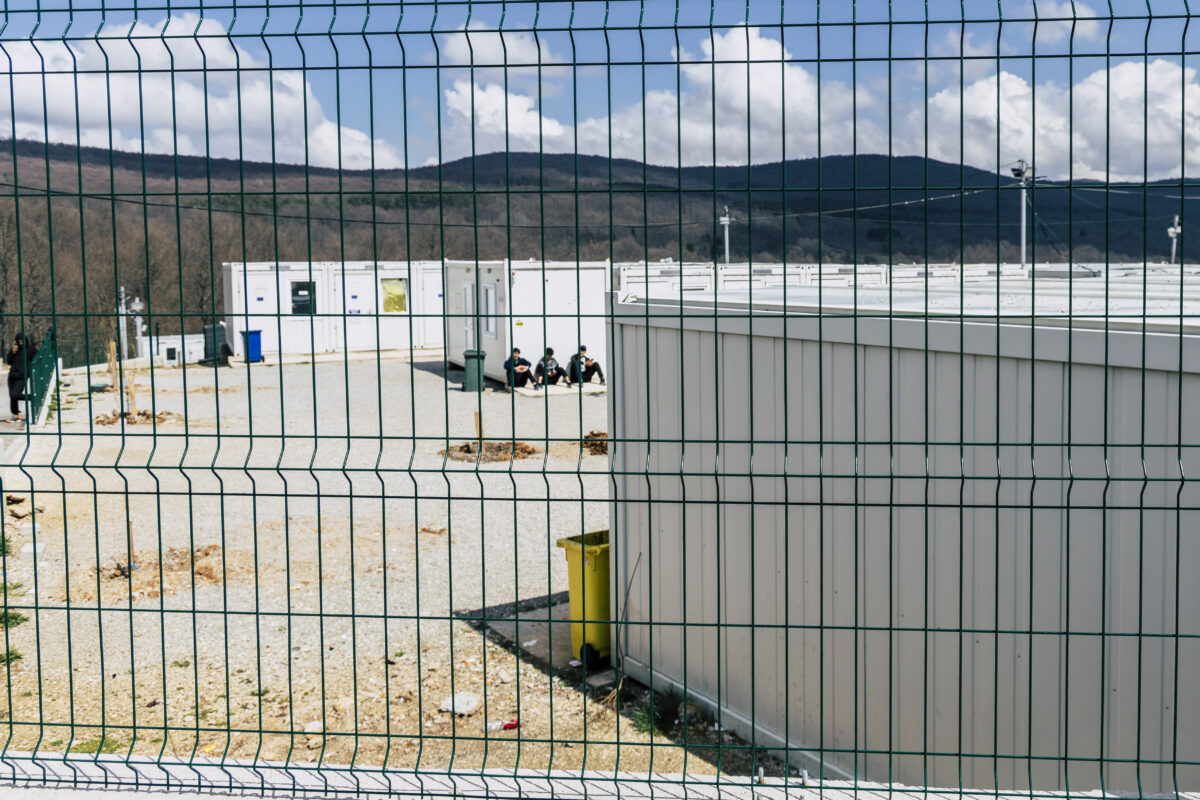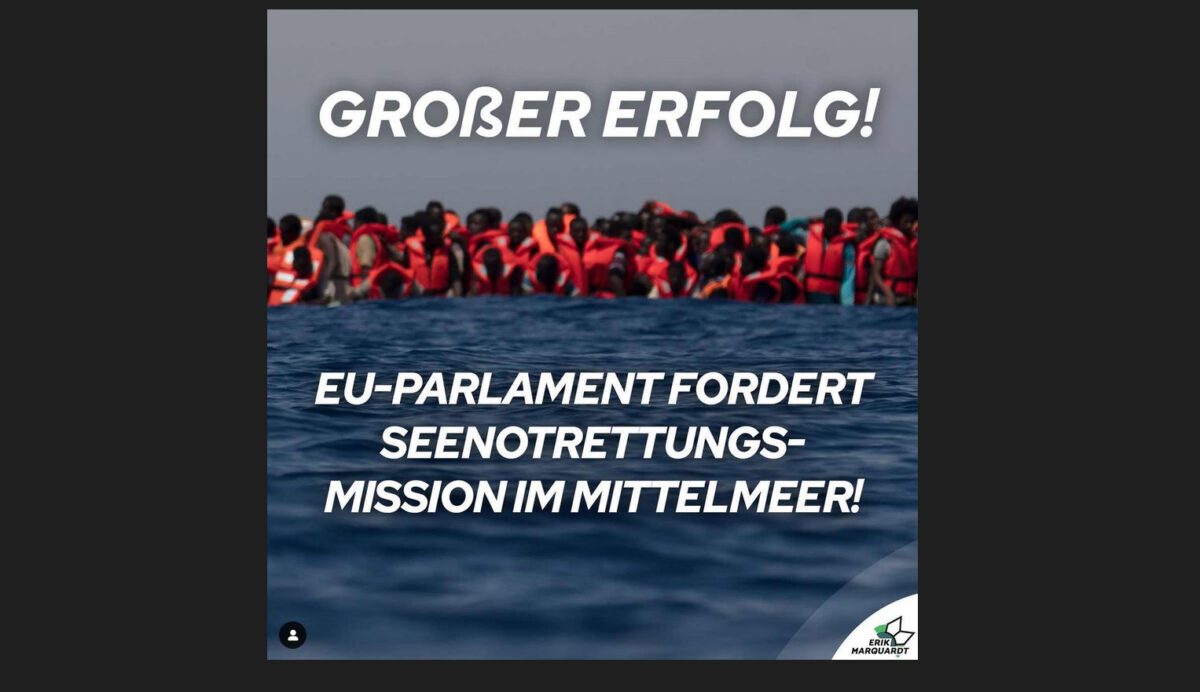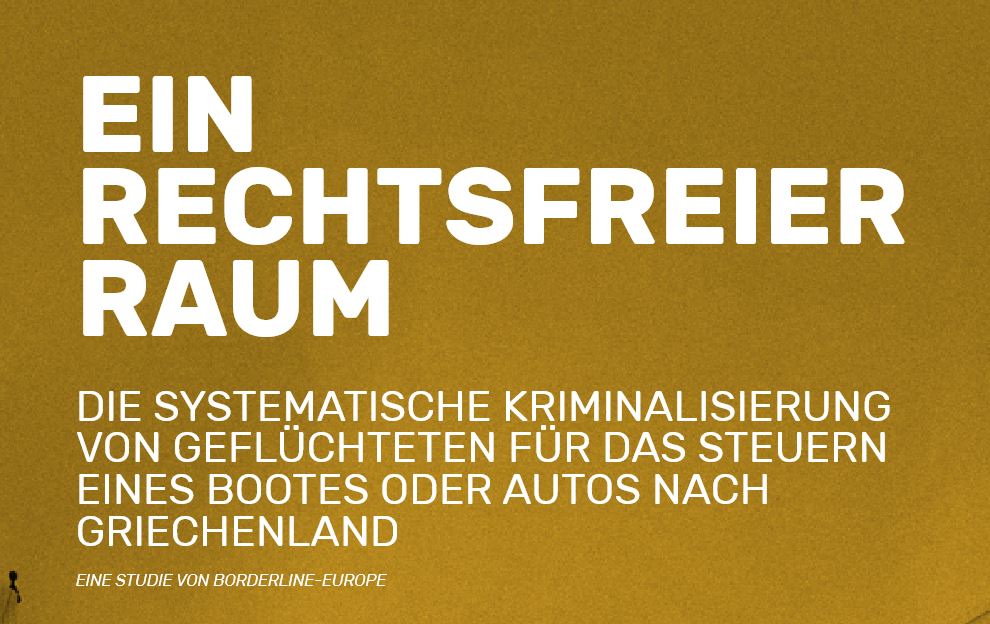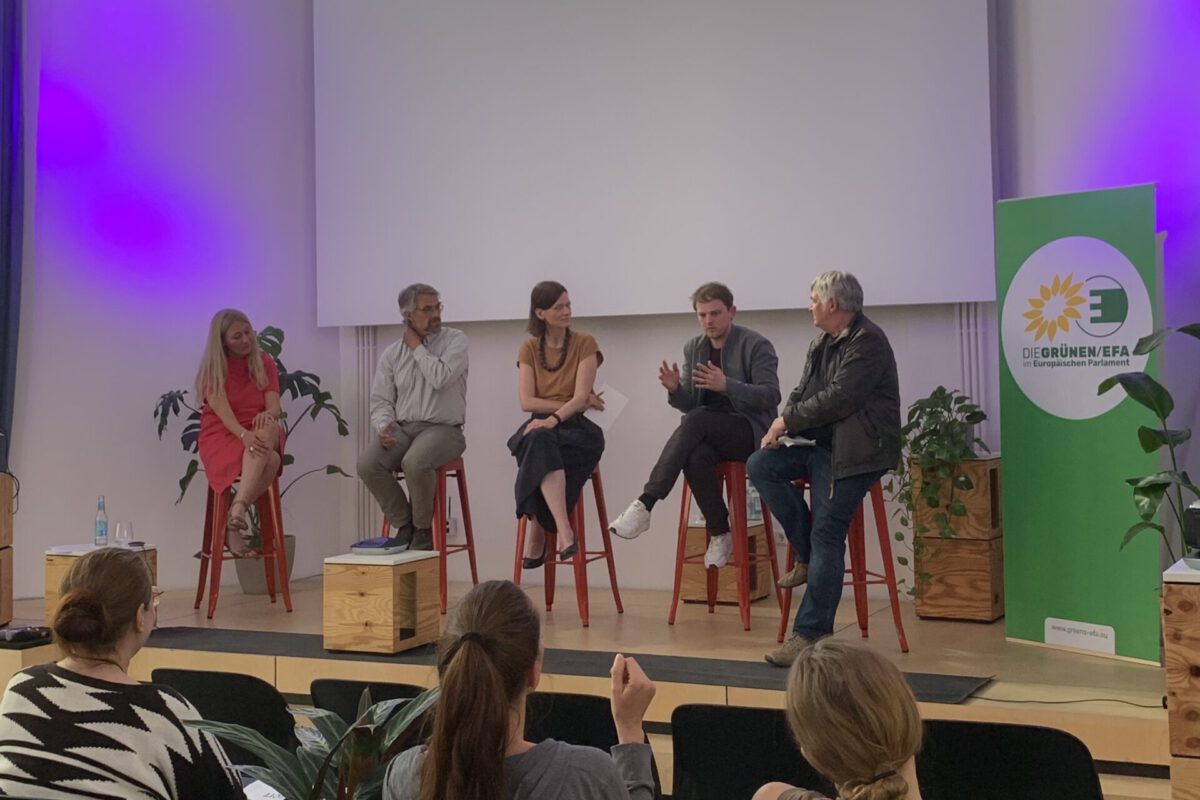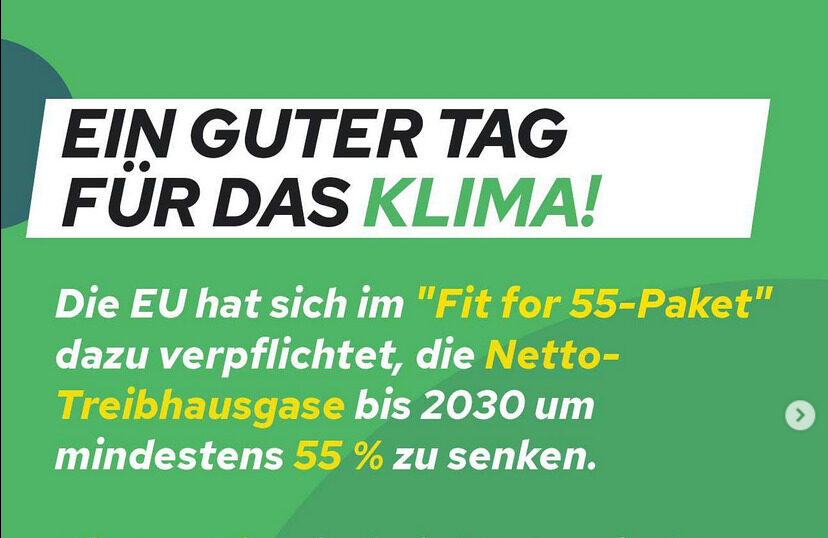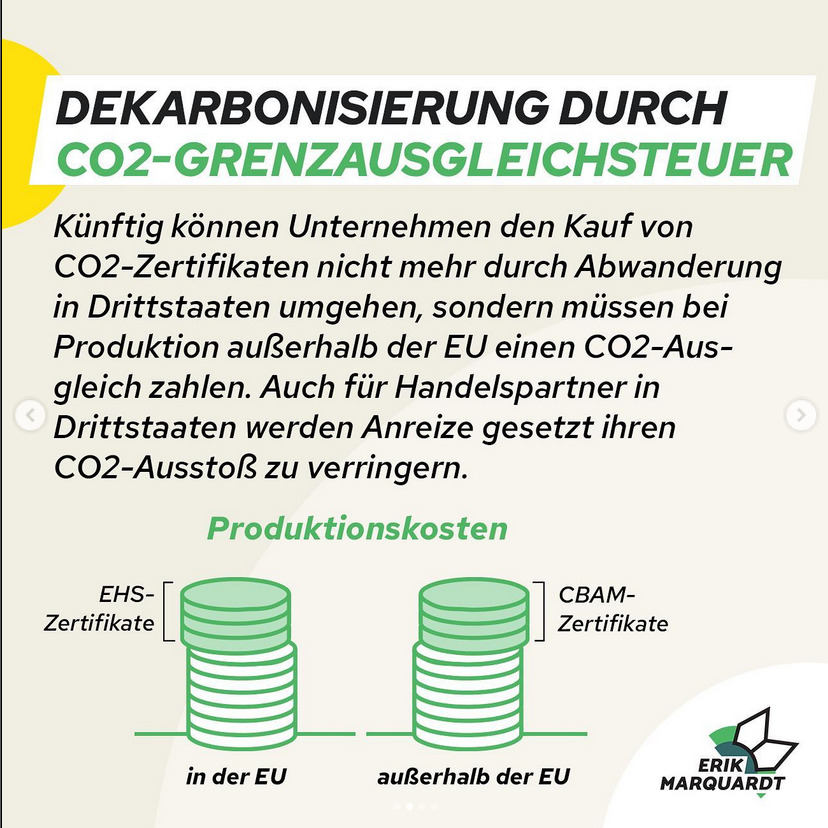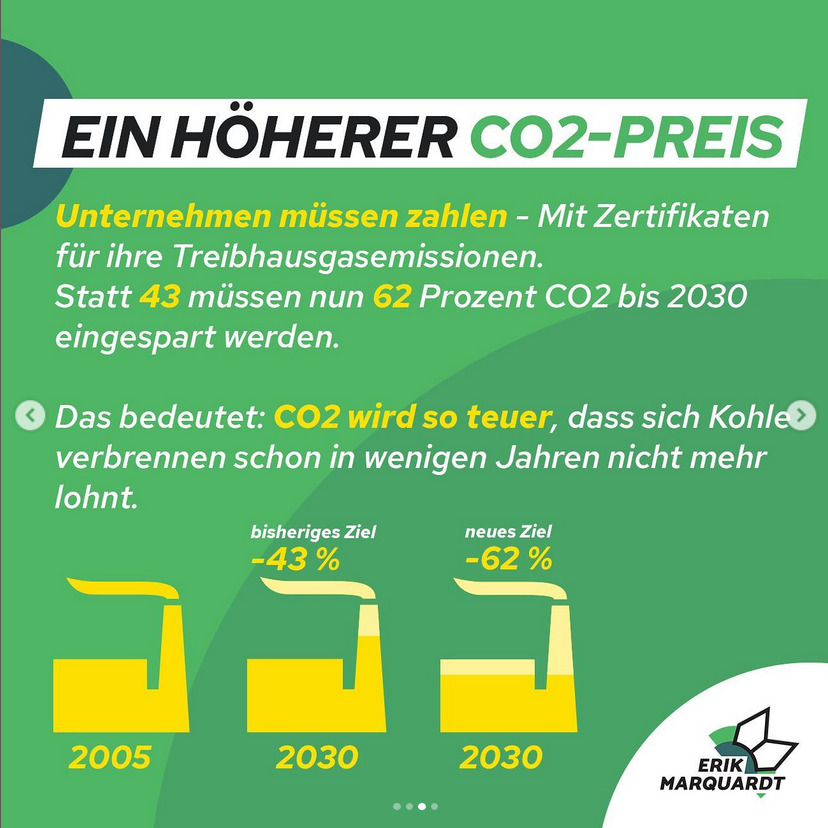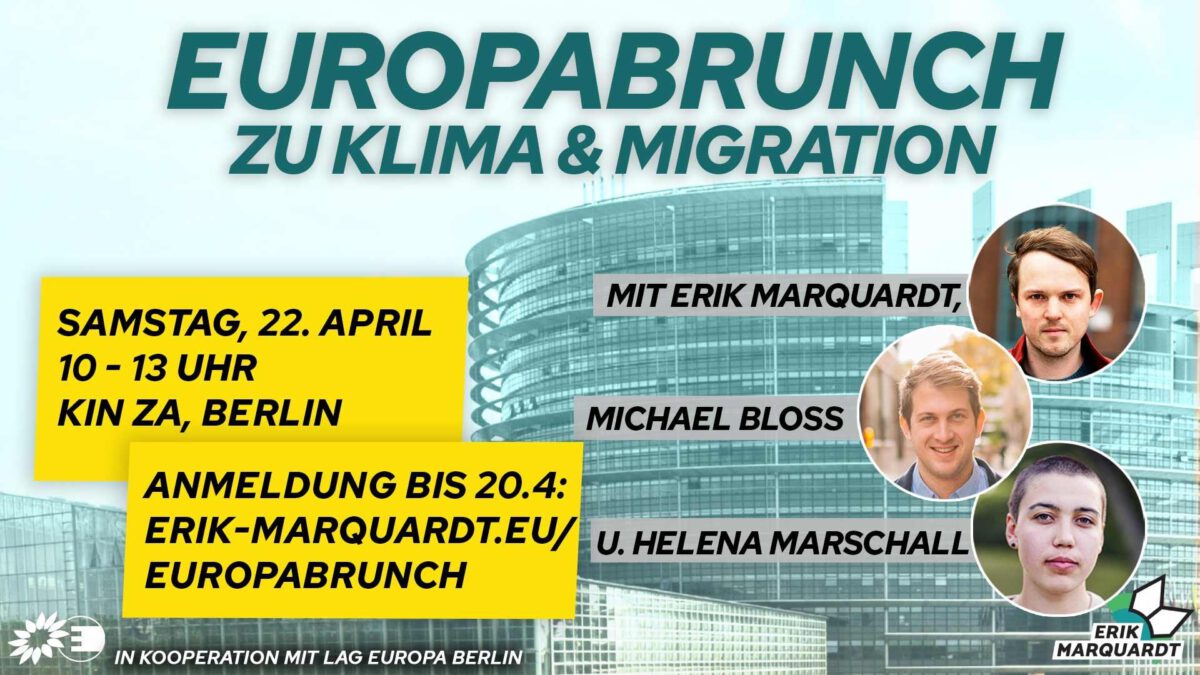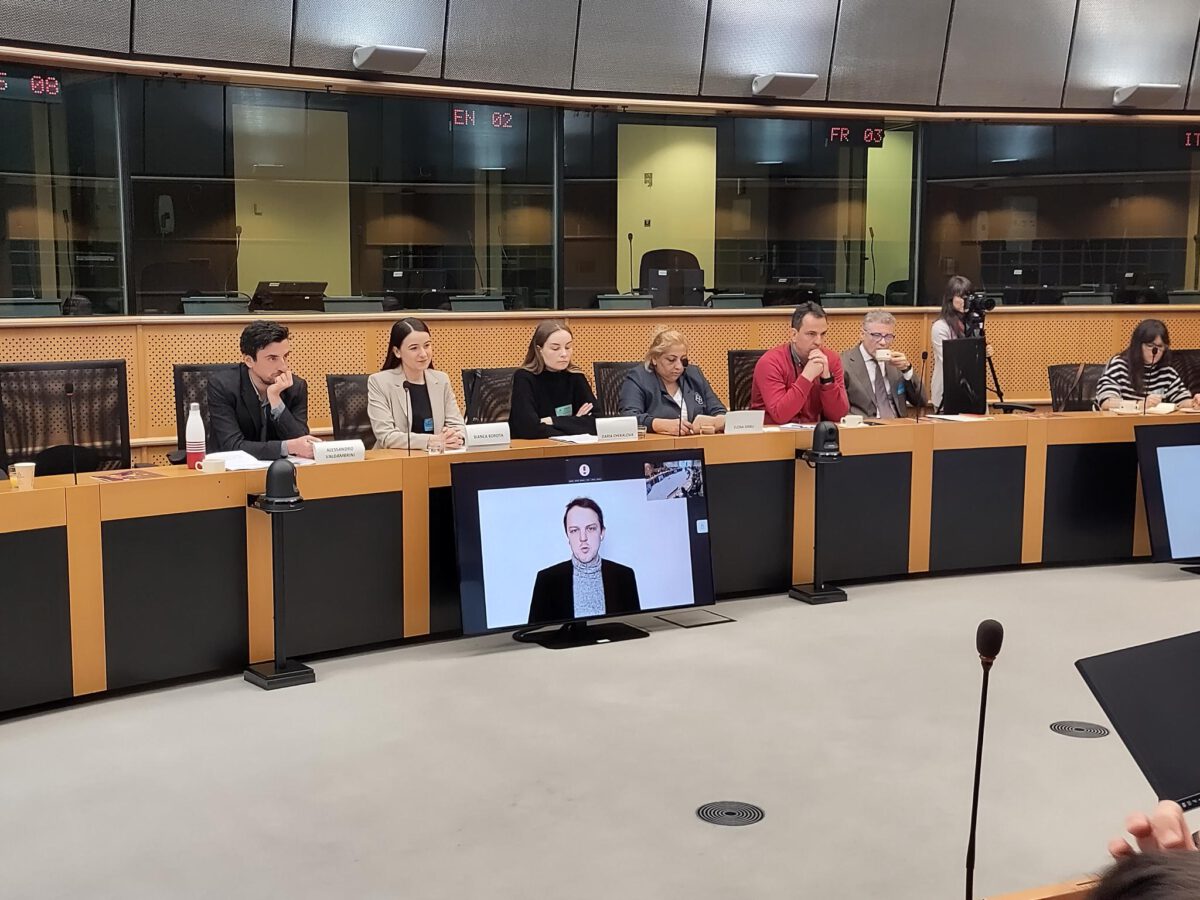Question to the Commission on EU-funded detention center in Bosnia
On April 19, I sent the following question to the Commission. The Commission has again taken more time than it should to reply. In the meantime Bosnian politician announces end of prison facilitybecause there is no legal basis for it. My question about the problematic wording of the Commissioner Olivér Várhelyi is simply ignored by him.
My request
In November 2022, Commissioner Olivér Várhelyi visited Bosnia and Herzegovina and announced that an additional EUR 500,000 will be used for the Lipa camp and detention center in order to âfake asylum seekersâ can be imprisoned[1]until they are returned to their countries of origin. The EU Special Representative in Bosnia and Herzegovina, Johann Sattler, on the other hand, said last weekthat people may be detained there for a maximum of 72 hours. The EU funds for Lipa come from the Instrument for Pre-Accession Assistance (IPA).
The cantonal authorities in Bosnia and Herzegovina state that the construction permit for the detention center in Lipa camp was never issued. The Prime Minister of Una-Sana Canton publicly expresses his concern about the lack of information about the object. Please answer the following questions individually.
- 1.What is the Commission's view of the term âfake asylum seekersâ and how do they differ from âcorrectâ asylum seekers?
- How many people can be detained in the Lipa camp and for what purpose, and how is it ensured that the money is not used for the detention of persons previously illegally deported from the EU by Croatian authorities?
- 3.in the Commission's view, is the treatment of persons in the Lipa camp in accordance with EU and international law?
Answer given by Olivér Várhelyi on behalf of the European Commission (2.08.2023)
It is one of the priorities of the EU, in accordance with international law, the principles and values of the EU and the protection of fundamental rights, as stated in the letters of the President of the Commission to the Council, The recent conclusions of the European Council and the EU Action Plan for the Western Balkans. Improve border management, ensure faster asylum procedures, combat migrant smuggling, and promote cooperation on readmission and return in order to counter irregular migration via the Western Balkan route.
The multifunctional reception and identification center in Lipa serves several purposes: Migrants are registered, their status is determined, and their identity is verified upon arrival and departure from the center. The center has significantly improved conditions for migrants and averted another humanitarian crisis, like the one in the winter of 2020â2021. At that time, several migrants were stranded without shelter in devastating conditions. The center is under the authority of the Foreigners Authority of the Ministry of Security of Bosnia and Herzegovina (BiH) and can accommodate up to 1,500 people.
The new detention facility in Lipa will be a separate and fully self-contained facility that can accommodate up to twelve persons. In certain cases, in line with international standards and the EU acquis, temporary restrictions on freedom of movement and detention measures can be introduced here before the persons concerned are transferred to the immigration center in Lukavica (East Sarajevo). The Law on Foreigners (âZakon o strancimaâ) of BiH defines the circumstances under which the restriction of free movement can be approved. As immigration centers must comply with BiH legislation and international humanitarian standards, the EU regularly seeks information from authorities and partners on the management of the centers and frequently conducts on-site visits.
